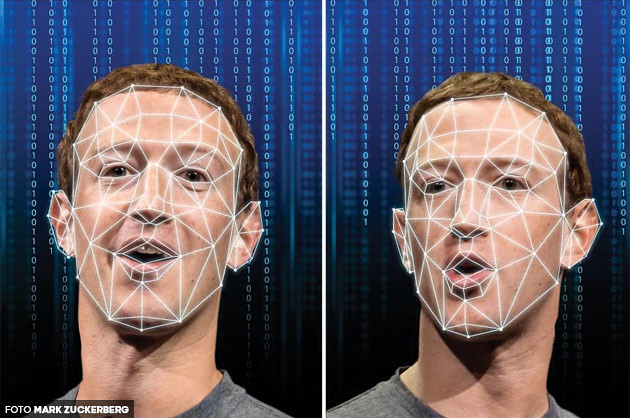I have been doing some collaborative papers recently. Here's one I wrote with Henrik Skaug Sætra on how technology can change our moral beliefs and practices. It's just been published in the journal Ethics and Information Technology. It's available, open access, at the links below.
Title: Technology and Moral Change: the Transformation of Truth and Trust
Links: Official (Open Access)
Abstract: Technologies can have profound effects on social moral systems. Is there any way to systematically investigate and anticipate these potential effects? This paper aims to contribute to this emerging field on inquiry through a case study method. It focuses on two core human values—truth and trust—describes their structural properties and conceptualisations, and then considers various mechanisms through which technology is changing and can change our perspective on those values. In brief, the paper argues that technology is transforming these values by changing the costs/benefits of accessing them; allowing us to substitute those values for other, closely-related ones; increasing their perceived scarcity/abundance; and disrupting traditional value-gatekeepers. This has implications for how we study other, technologically-mediated, value changes.
From the conclusion, here are some of the key mechanisms of moral change discussed in the paper:
- Technology changes the costs associated with accessing certain values, making them less or more important as a result: Digital disinformation technology increases the cost of finding out the truth, but reduces the cost of finding and reinforcing a shared identity community; reliable AI and robotics gives us an (often cheaper and more efficient) substitute for trust in humans, while still giving us access to useful cognitive, emotional and physical assistance.
- Technology makes it easier, or more attractive to trade off or substitute some values against others: Digital disinformation technology allows us to obviate the need for finding out the truth and focus on other values instead; reliable machines allow us to substitute the value of reliability for the value of trust. This is a function of the plural nature of values, their scarcity, and the changing cost structure of values caused by technology.
- Technology can make some values seem more scarce (rare, difficult to obtain), thereby increasing their perceived intrinsic value: Digital disinformation makes truth more elusive, thereby increasing its perceived value which, in turn, encourages some moral communities to increase their fixation on it; robots and AI make trust in humans less instrumentally necessary, thereby increasing the expressive value of trust in others.
- Technology can disrupt power networks, thereby altering the social gatekeepers to value: to the extent that we still care about truth, digital disinformation increases the power of the epistemic elites that can help us to access the truth; trust-free or trust-alternative technologies can disrupt the power of traditional trusted third parties (professionals, experts etc.) and redistribute power onto technology or a technological elite.

Thank you. In more effusive and rhetorical detail, this discussion legitimizes what I generalized in a paper on complexity years ago. Technology is powerful. We can't resist the allure of it---the ways in which it improves and extends our lives; our appreciation of them. Moral change is inevitable, some of it helpful, some, not so much. There are immutable truths, and if/when our technology enables manipulation of those, morality becomes confused. Therewith, we have conflict. We are, 'At Home in the Universe'. May as well be. There aren't many choices revealed, as yet.
ReplyDelete